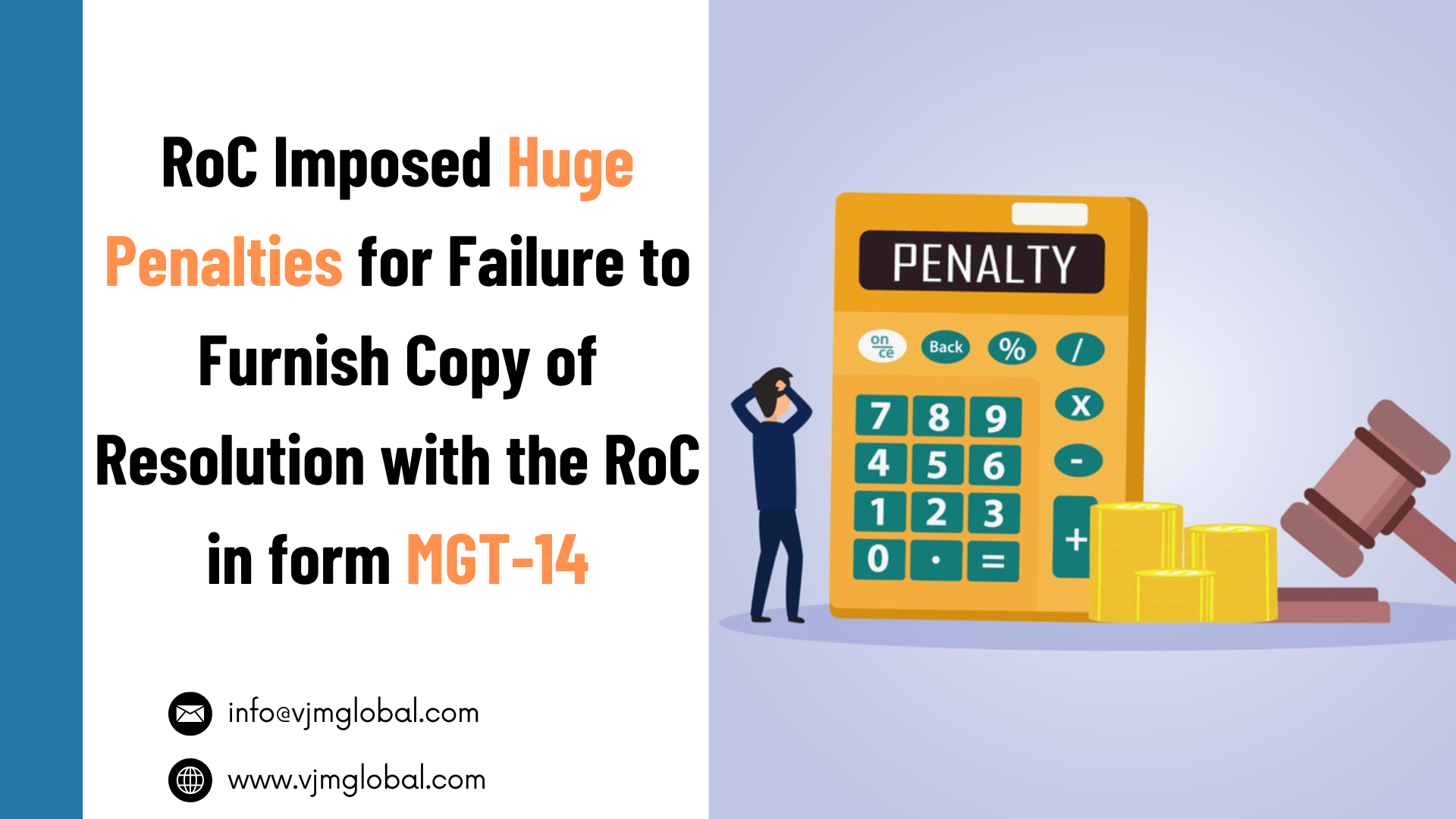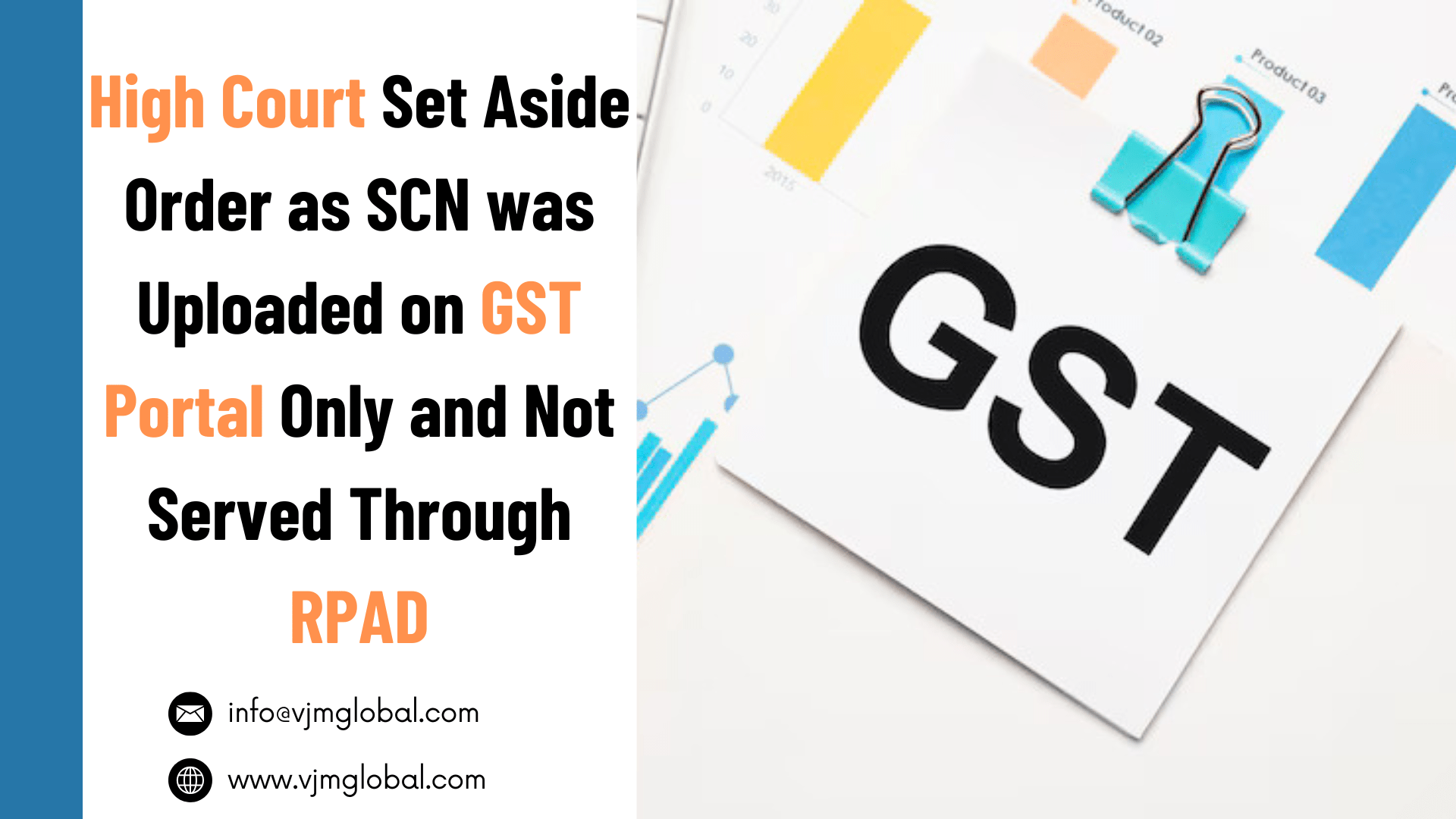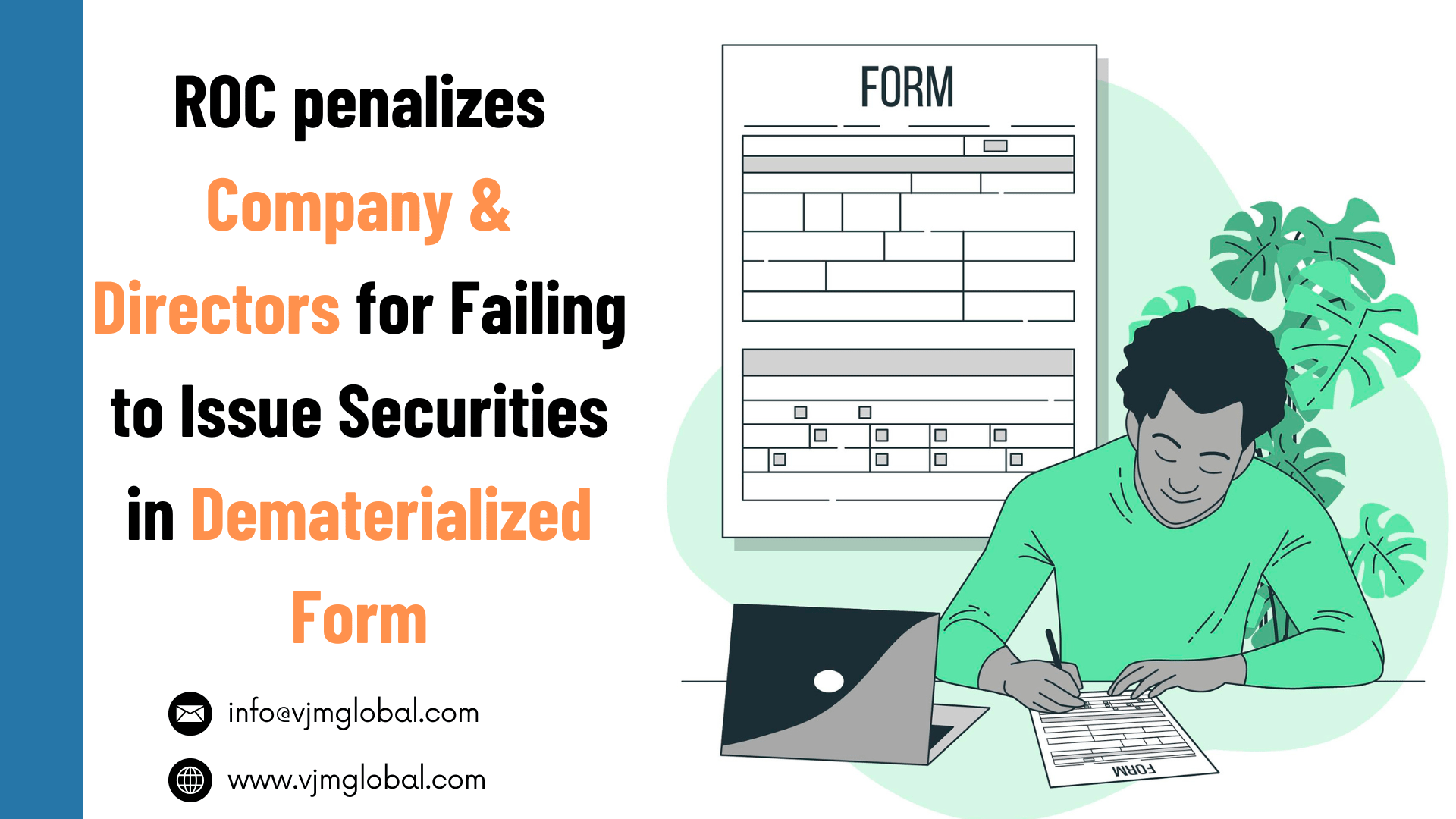An independent director, a non-executive director having professional expertise and no pecuniary relationship with management or promoters is a very vital source of providing independent advisory and guidance to the board of directors of a company.
The role of independent directors came into focus when the country faced major scams like Satyam, DHFL, etc. Consequently, several changes were made in legislation to enhance the role and duties of independent directors to enable them to contribute to better corporate governance.
Independent directors are part of the board itself and various committees like audit committee, risk management committee, etc, and hence, a participator in major working and decisions of a company relating to financial statements or financial transactions or legal and regulatory compliances, etc. Thus, it is essential that an independent director must know what is his/her role and responsibilities on his/her shoulder once being occupying that position.
This article will give insights of the due diligence to be done before joining as an independent director, the manner of appointment, and the role and responsibilities to be fulfilled once you get on board in a company.
1. Who is Independent Director and what are the eligibility criteria to appoint an Independent Director
As per Section 149(6) of the Companies Act, 2013, “Independent Director” means a director, other than the Managing Director or Whole Time Director or Nominee Director of the company, who does not have any of the following relationship or transaction with the Company, Holding Company, Subsidiary Company or Associate Company (“The Group”):
- who is not or was not a promoter of the group;
- who is not related to promoters or Directors of the group;
- who has or never had any pecuniary relationship, other than remuneration or had a transaction not exceeding 10% of his total income, with the group or their promoters, or Directors, during the 2 immediately preceding financial years or during the current financial year
- None of whose relatives—
- is holding any security or interest during the 2 immediately preceding financial years or during the current financial year in the group. However, relative may hold security or interest in the company of face value not exceeding INR 50,00,000 or 2% of the paid-up capital of the company, its holding, subsidiary or associate company, or such higher sum as may be prescribed;
- is indebted to the group or their promoters, or Directors, in excess of such amount as may be prescribed during the 2 immediately preceding financial years or during the current financial year;
- has given a guarantee or provided any security in connection with the indebtedness of any third person to the group or their promoters, or Directors, for such amount as may be prescribed during the 2 immediately preceding financial years or during the current financial year; or
- has any other pecuniary transaction or relationship amounting to 2% or more of its gross turnover or total income
- Who and none of his relatives —
- holds or has ever held the position of key managerial personnel or is or has been an employee in any 3 preceding financial years in which he is proposed to be appointed. However, where the relative is an employee, the restriction under this clause shall not apply to his employment during the preceding 3 financial years
- is or has been an employee or proprietor or a partner in any of the following firms in any of the 3 preceding financial years:
- a firm of auditors or company secretaries in practice or cost auditors of the group company; or
- any legal or consulting firm that has or had any transaction amounting to 10% or more of the gross turnover of such firm with the group company ;
- holds together with his relatives 2% or more of the total voting power of the company; or
- is a Chief Executive or director, by whatever name called, of any nonprofit organization that receives 25% or more of its receipts from the company, any of its promoters, Directors, or its holding, subsidiary, or associate company or that holds 2% or more of the total voting power of the company; or
Independent directors must have other qualifications as may be prescribed.
2. What is the purpose of the appointment of an Independent Director
- A Company runs with funds of thousands of shareholders and such funds are entrusted to the directors. Shareholders have no knowledge about how the company runs.
- To protect their interest, a director is appointed who is not connected or associated with the company in any way. He is appointed to safeguard the interest of the members who can’t look after their interests.
- An Independent director is a non-executive director of a company who helps the company in improving corporate credibility and governance standards. He does not have any kind of relationship with the company that may affect the independence of his/ her judgment.
3. Due diligence exercise before joining as an independent director
In one’s professional career, getting on board as a director is an important opportunity for growth as this position gives immense exposure to various dimensions of business, industry, people, networking, technology, etc. Directorships enhance leadership skills as it is all about collaborative decision-making in the best interest of all the stakeholders. So, one should take up board directorship and contribute to good corporate governance. However, a thorough due diligence exercise as given below should be undertaken before joining the independent directorship of any company:
- Understand the objective, vision, and mission of the company.
- Obtain knowledge of business activities and the industry of the company.
- The current composition of the board of directors and management and key persons and their respective profiles.
- Reason for the vacancy of the position of previous independent director.
- Statutory auditors and audit reports and notes on qualification, if any.
- Pending cases, if any.
- Related party transactions.
- Media presence.
- Connect with other independent directors to gain more knowledge about culture, etc.
- Verify Directors’ and Officers’ Insurance provided by the company.
4. Manner of appointment of independent director
Appointment of independent director shall be made as per Section 149 of the Companies Act, 2013 read with rule Rule 5 of Companies (Appointment and Qualification of Directors) Rules, 2014 and regulation 16 of Securities Exchange Board of India (Listing and Obligations Disclosure) Regulations 2015.
The person with the desired skill set and qualifying all criteria must have his/her name added in the data bank of an independent director. Database of Independent Directors is maintained at https://www.independentdirectorsdatabank.in/
The company may select qualified persons to be appointed as independent directors from data banks based on their areas of expertise and expertise. Once the right person is found, The Company shall follow the following procedure:
- Whether the selected person is qualified in terms of Section 149(6) of the Companies Act read with Rules 5 and 6 of The Companies (Appointment and Qualification of Directors) Rules, 2014.
- Obtain DIN Director Identification Number (DIN). The Company shall obtain a DIN if the selected person is not having it.
- Obtain intimation that he is not disqualified to appoint as director in Form DIR-8.
- Consent to act as a Director in Form-DIR-2
- The Company shall hold a Board Meeting to approve the appointment of an Independent Director wherein the following matters shall be decided:
- Resolution of appointment to hold office up to 5 years shall be passed subject to the approval of shareholders in the General Meeting.
- Decide terms of appointment and remuneration
- Decide the Directors’ authorization for filing documents with respect to such an appointment
- Decide upon the Date and agenda of the General Meeting
- The Company shall convey the General Meeting to confirm the appointment of the Independent Director through ordinary Resolution
- The Company shall issue the appointment letter to the Director
- The Director shall disclose his interest in other entities in Form MBP-1 within 30 days of his appointment.
- The Company shall file Form DIR-12 with RoC within 30 days of his appointment.
Listed companies, additionally have to disclose the appointment of an independent director to stock exchanges within 24 hours of the conclusion of the board meeting and post the appointment on the website within 2 working days.
5. Period of Appointment of Independent Director
- As per Section 149(10) of the Companies Act, an Independent Director shall hold the office for a period of 5 consecutive years.
- He shall be eligible for reappointment for another 5 consecutive years. However, for reappointment, the Company shall pass a Special Resolution.
- As per Section 149(11), no independent director shall hold the office for more than 2 consecutive terms. After 2 terms, he has to cease his appointment.
- However, he can again be reappointed after the expiry of 3 years of ceasing to become an independent director.
- Further, during such a period of 3 years, an independent director shall not be appointed in the company or associated with the company in any other capacity, either directly or indirectly.
6. Remuneration of Independent Director
- Independent Directors shall not be entitled to any stock option.
- He may receive any remuneration by way of a sitting fee for attending board meetings or committee meetings. However, the sitting fee shall not exceed INR 1,00,000 per meeting.
- He shall also be entitled to receive reimbursement of expenses for participation in the Board and other meetings and profit-related commission as may be approved by the members.
- Further, in case of loss or inadequate profits, an independent director may receive remuneration.
7. Number of Independent Directors in Panel
7.1 Board Composition:
- Listed company:
- Minimum 1/3 of the total number of directors as an independent director
- Where the chairperson is not a regular non-executive director, then at least half of the directors should be independent directors. And top 1000 listed companies must have 1 woman independent director.
- Unlisted Public Company: Following unlisted public company must have at least 2 independent directors on its board:
- paid-up capital INR 10 crores or more or
- turnover of INR 100 crores or more or
- aggregate outstanding loans or borrowings, debentures, and deposits exceeding INR 50 crores.
7.2 Audit Committee and Nomination and Remuneration Committee
- Listed Company: As per the Act and listing regulations, listed companies must have a minimum of 3 directors as members of the audit committee and at least 2/3 of members of the audit committee should be independent directors.
- Unlisted Public Company: An unlisted public company having:
- paid-up capital of INR 10 crores or more; or
- turnover of INR 100 crores or more; or
- aggregate, outstanding loans or borrowings or debentures or deposits exceeding INR 50 crore or more,
must have at least 3 directors, out of which at least 50% should be independent directors.
7.3 Corporate Social Responsibility (CSR) Committee
The following companies are required to form a CSR Committee consisting of 3 or more directors:
- Company having a net worth of 500 crores or more, or
- Turnover of INR 1000 crores or more or
- A net profit of INR 5 crores or more during the immediately preceding financial year shall
out of which at least one director shall be an independent director
7.4 Stakeholders relationship committee
As per listing regulations, the listed company must have at least 3 directors as members of the stakeholder relationship committee out of which one should be an independent director
8. Code of conduct for an independent director
- Section 149(8) mentions that The Company and Independent Director, both, shall follow the code of conduct given in Schedule IV.
- The Code is a guide to professional conduct for independent Directors. Adherence to these standards will promote confidence of the investment community, particularly minority shareholders, regulators, and companies in the institution of independent Directors.
- The code specifies that an independent director should:
- uphold ethical standards of integrity and probity.
- act objectively and constructively while exercising his duties
- exercise his responsibilities in a bona fide manner in the interest of the company.
- devote sufficient time and attention to his professional obligations for informed and balanced decision-making.
- prevent any extraneous considerations that vitiate his/her exercise of objective independent judgment in the paramount interest of the company as a whole, while concurring in or dissenting from the collective judgment of the Board in its decision-making.
- not abuse his position for the purpose of gaining a direct or indirect personal advantage or advantage for any associated person and is detrimental to the company or its shareholders.
- refrain from any action that would lead to the loss of his independence.
- Immediately inform the board of directors about circumstances making him/her lose his/her independence.
- assist the company in implementing the best corporate governance practices.
9. Role and functions of independent director
An independent director will:
- Safeguard the interests of all stakeholders, particularly the minority shareholders, and balance the conflicting interests of the stakeholders.
- Scrutinize the performance of management in meeting agreed goals and objectives and monitor the reporting of performance.
- Satisfy himself/herself on the integrity of financial information and that financial controls and the systems of risk management are robust and defensible.
- Help in bringing an independent judgment to bear on the Board’s deliberations especially on issues of strategy, performance, risk management, resources, key appointments, and standards of conduct,
- Bring an objective view in the evaluation of the performance of the board and management.
- Determine appropriate levels of remuneration for executive directors, key managerial personnel, and senior management and have a prime role in appointing and where necessary recommending the removal of executive directors, key managerial personnel, and senior management.
- Moderate and arbitrate in the interest of the company as a whole, in situations of conflict between management and shareholder’s interest.
- As a part of the audit committee, an independent director can review approval of transactions with related parties at arms’ length price, monitor the use of funds raised from public offers, and investigate into affairs and conduct of the company.
10. Duties of independent directors
An independent director shall—
- strive to attend all meetings of the Board of Directors, Board committees of which he is a member, and general meetings.
- undertake appropriate induction and regularly update and refresh their skills, knowledge, and familiarity with the company.
- seek appropriate clarification or amplification of information and, where necessary, take and follow appropriate professional advice and opinion of outside experts at the expense of the company.
- add value to the decision-making process of the Board of Directors by giving his/her positive inputs and constructive criticism, wherever required.
- strive to possess sufficiently complete and accurate information to enable a reasoned and balanced decision on material matters.
- participate constructively and actively in the committees of the Board in which they are chairpersons or members.
- where he/she has concerns about the running of the company or a proposed action, ensure that these are addressed by the Board and, to the extent that they are not resolved, insist that their concerns are recorded in the minutes of the Board meeting.
- keep themselves well-informed about the company and the external environment in which it operates.
- not to unfairly obstruct the functioning of an otherwise proper Board or committee of the Board.
- pay sufficient attention and ensure that adequate deliberations are held before approving related party transactions and assure themselves that the same are in the interest of the company
- ascertain and ensure that the company has an adequate and functional vigil mechanism and ensure that the interests of a person who uses such a mechanism are not prejudicially affected on account of such use.
- report concerns about unethical behavior, actual or suspected fraud, or violation of the company’s code of conduct or ethics policy.
- acting within his authority, assisting in protecting the legitimate interests of the company, shareholders, and its employees.
- maintain the secrecy of confidential information, including commercial secrets, technologies, advertising and sales promotion plans, and unpublished price-sensitive information, unless such disclosure is expressly approved by the Board or required by law.
- disclose to the board of directors about his/her stake in the company, including those held in trust, and the personal transactions and his/her affiliated parties involving shares and other assets of the company and derivative instruments.
- make due inquiries and take suitable steps to ensure the correctness and reliability of the information received from management and do not accept the information at its face.
- strive to implement transparency within the company and expand the scope of additional voluntary disclosures.
- have a publicly available mailing and e-mail address.
- hold at least one meeting in a financial year of all independent directors without the attendance of non-independent directors and members of management for the purposes of reviewing the performance of non-independent directors, and chairperson and assessing the quality and timeliness of the flow of information from management and the Board.













